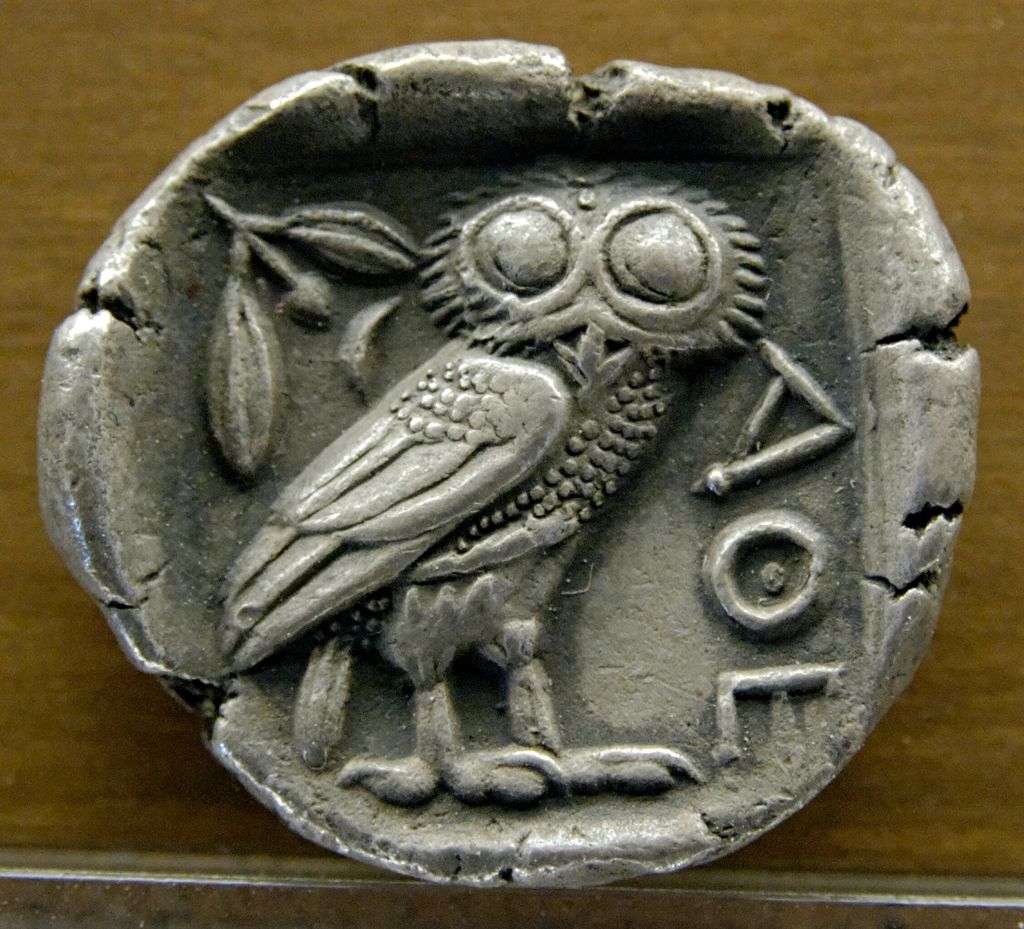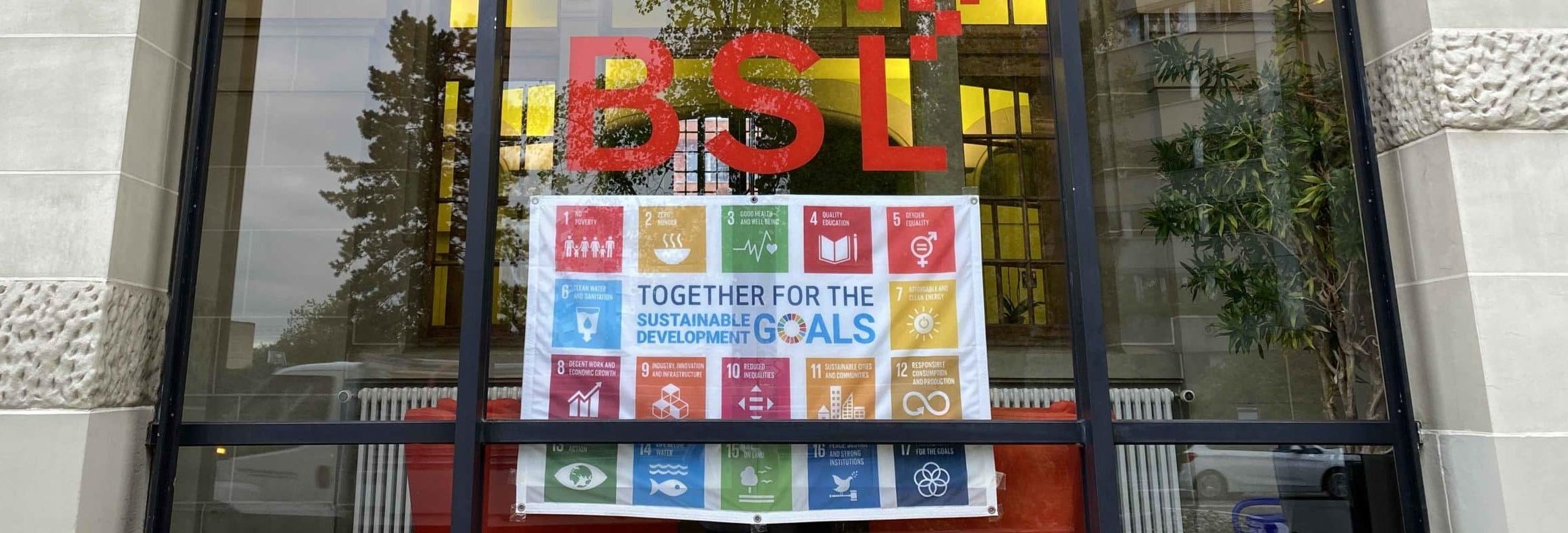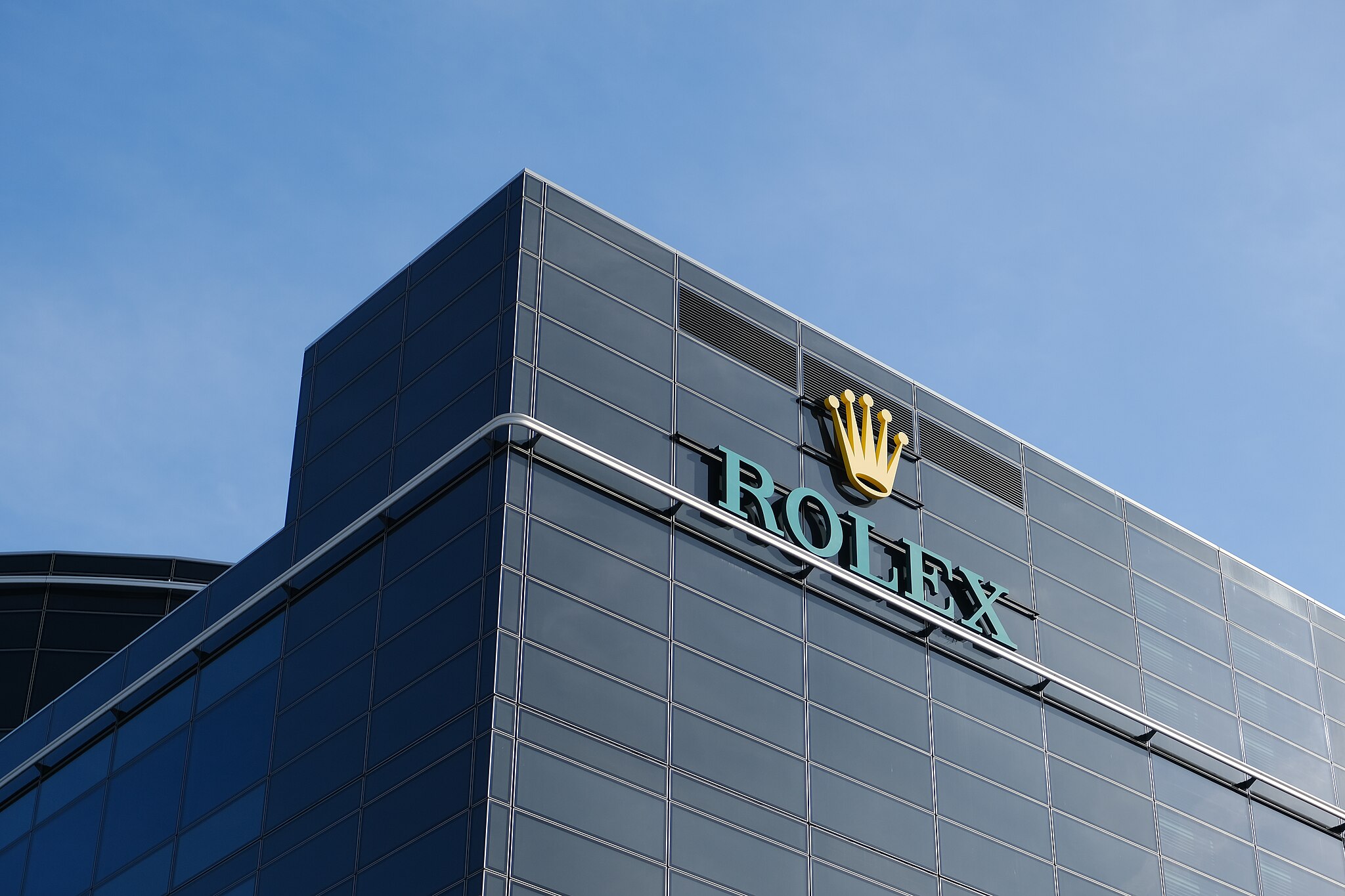Photo credits : John Severns (Severnjc), Public domain, via Wikimedia Commons
We are not condemned to choose between happiness and ecology

It was on 22 June 2024 that an article entitled ‘Nous ne sommes pas condamnés à choisir entre bonheur et écologie’ (‘We are not condemned to choose between happiness and ecology’) published in Le Temps caught my attention. Written by Pascaline Minet, the article consists of a summary of Gaël Brulé ‘s recently published book “The Environmental Cost of Happiness” and an interview with its author.
In the book, the author, a sociologist and professor at Geneva’s Haute Ecole de Santé, explains that there are different ways of measuring a population’s level of happiness.
The World Happiness Report, published each year by the Gallup polling institute, uses the Cantril scale, which consists of the following question: On a scale of 0 (the worst possible life) to 10 (the best possible life), where do you place yourself?
According to this scale, which puts Switzerland in 9th place and Finland in first, ‘the countries with the highest scores tend to be small, wealthy, Protestant, democratic and have a strong welfare state’.
Yet these countries have lifestyles that go far beyond the limits of the planet in terms of respect for the climate (CO2 emissions) and the use of resources (water, soil, etc.). If everyone on Earth lived like the Swiss, we would need 2.8 Earths.
The current environmental crisis should lead us to question this form of happiness. According to Gaël Brulé, this method of measurement has the advantage of offering stable and comparable results, but it assesses a form of contentment rather than happiness.
Other methods that ask people if they feel happy, if they experience positive emotions in their daily lives, produce very different results. ‘It is more likely to be middle-income countries that stand out, in particular Central and South American countries such as Costa Rica, Panama and El Salvador, or Central Asian countries such as Uzbekistan’.
Although he admits that we don’t know exactly why Latin American countries rank so highly, Gaël Brulé believes that the quality of human relations, the importance of religion and a strong link with nature could explain this. But none of these factors are linked to the consumption of material goods.
Reading this article reminded me of a book that really struck me a few years ago when I first read it. It was Richard Wilkinson and Kate Pickett ‘s book “The Spirit Level, Why Equality is Better for Everyone”.
In this visionary book, the authors do not use questionnaires to assess people’s happiness. Instead, they link GDP (Gross Domestic Product), the classic measure of a nation’s wealth, with a wide range of statistical data such as life expectancy, drug use, teenage pregnancy rates, homicide rates, incarceration rates and so on. This consolidated data reflects a country’s quality of life.
The countries that fare best are those that are relatively wealthy and egalitarian, such as Scandinavia and Japan, while the United States performs rather poorly because of the great inequalities that prevail there (inequalities brilliantly analysed by Robert B. Reich in his book ‘Saving Capitalism, For the Many, Not the Few’).
The conclusions they draw from their analyses are as follows, and they largely coincide with those of Gaël Brulé, where, it should be remembered, the countries that fare best have average income levels:
- In countries with low GDP, improvements in living conditions go hand in hand with higher incomes.
- Once people are living decently, it is the more or less egalitarian nature of societies that has the greatest impact on quality of life.
All this should encourage us to be frugal and to cultivate our social relationships!
Other posts

Discover the Story of Mina, the AI of Lemania

Climate Change: Why We Shouldn’t Be Discouraged Despite Trump’s Return to Power

When the vocational training is just a first step

Writing by hand helps you remember, or the proper use of tablets

Ovomaltine, Rolex, Nescafé, Swatch or Nagra. What do they all have in common?

Pedagogy: from commonplaces to key concepts
